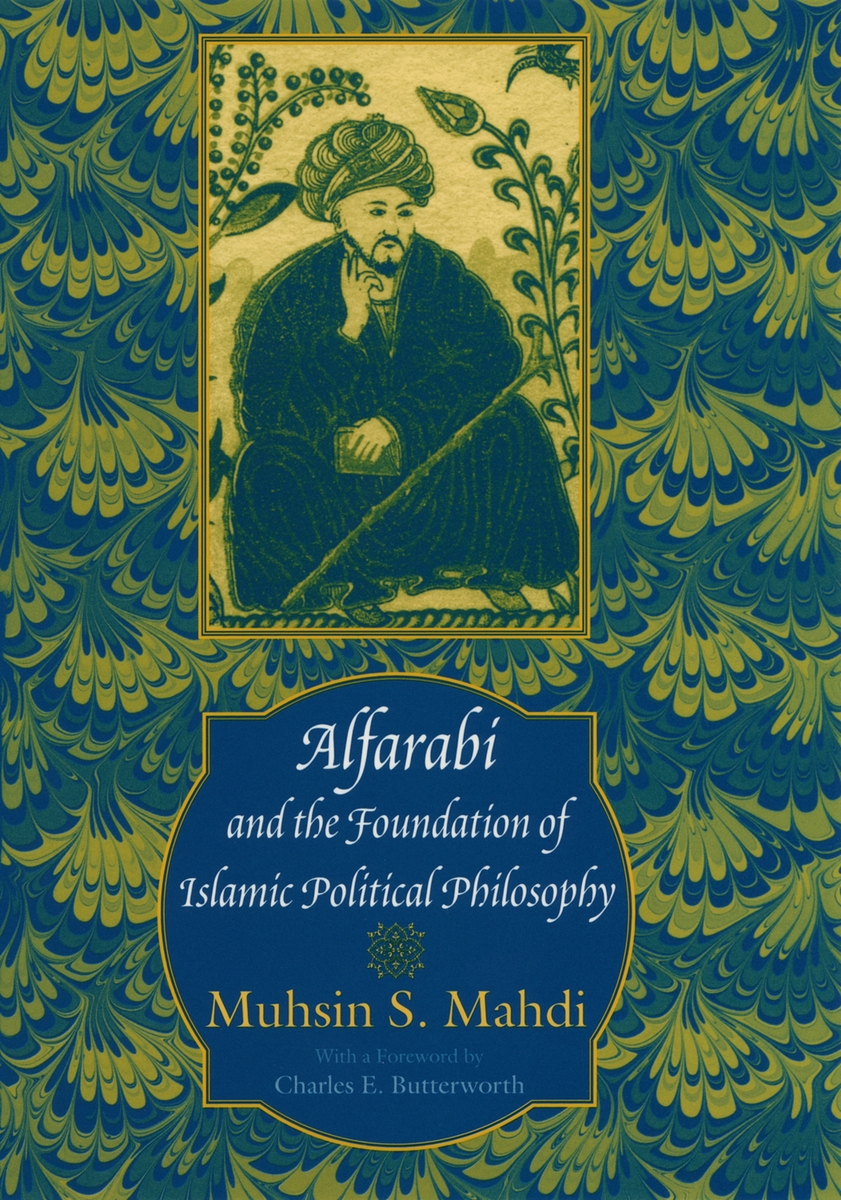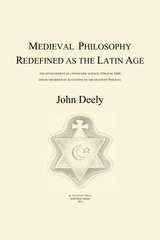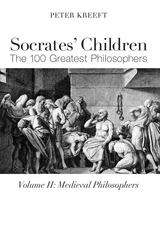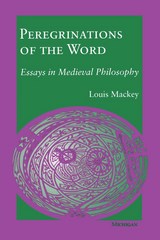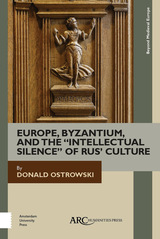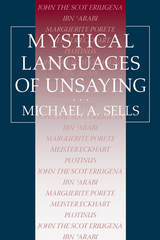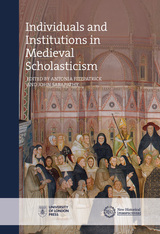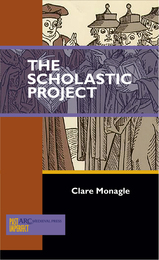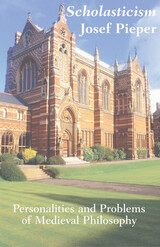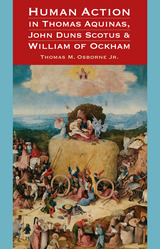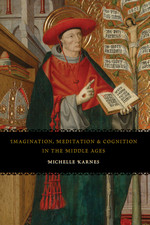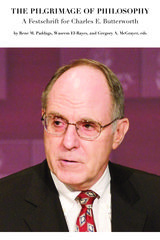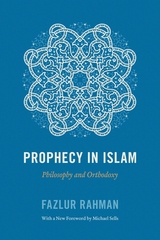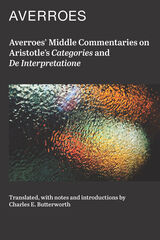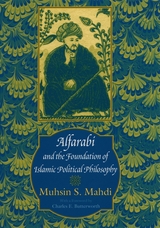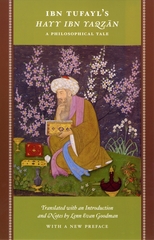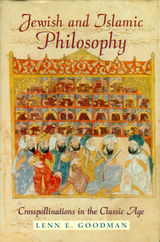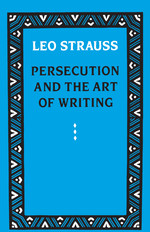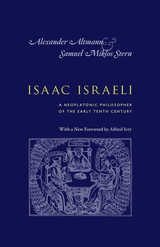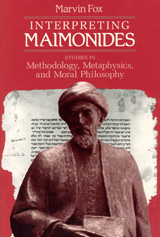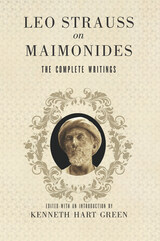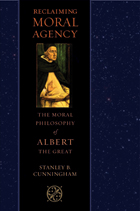Alfarabi and the Foundation of Islamic Political Philosophy
University of Chicago Press, 2001
Cloth: 978-0-226-50186-4 | eISBN: 978-0-226-77466-4 | Paper: 978-0-226-50187-1
Library of Congress Classification B753.F34M33 2001
Dewey Decimal Classification 181.6
Cloth: 978-0-226-50186-4 | eISBN: 978-0-226-77466-4 | Paper: 978-0-226-50187-1
Library of Congress Classification B753.F34M33 2001
Dewey Decimal Classification 181.6
ABOUT THIS BOOK | AUTHOR BIOGRAPHY | TOC | REQUEST ACCESSIBLE FILE
ABOUT THIS BOOK
In this work, Muhsin Mahdi—widely regarded as the preeminent scholar of Islamic political thought—distills more than four decades of research to offer an authoritative analysis of the work of Alfarabi, the founder of Islamic political philosophy. Mahdi, who also brought to light writings of Alfarabi that had long been presumed lost or were not even known, presents this great thinker as his contemporaries would have seen him: as a philosopher who sought to lay the foundations for a new understanding of revealed religion and its relation to the tradition of political philosophy.
Beginning with a survey of Islamic philosophy and a discussion of its historical background, Mahdi considers the interrelated spheres of philosophy, political thought, theology, and jurisprudence of the time. He then turns to Alfarabi's concept of "the virtuous city," and concludes with an in-depth analysis of the trilogy, Philosophy of Plato and Aristotle.
This philosophical engagement with the writings of and about Alfarabi will be essential reading for anyone interested in medieval political philosophy.
Beginning with a survey of Islamic philosophy and a discussion of its historical background, Mahdi considers the interrelated spheres of philosophy, political thought, theology, and jurisprudence of the time. He then turns to Alfarabi's concept of "the virtuous city," and concludes with an in-depth analysis of the trilogy, Philosophy of Plato and Aristotle.
This philosophical engagement with the writings of and about Alfarabi will be essential reading for anyone interested in medieval political philosophy.
See other books on: Fārābī | Foundation | History & Surveys | Islamic philosophy | Political science
See other titles from University of Chicago Press
